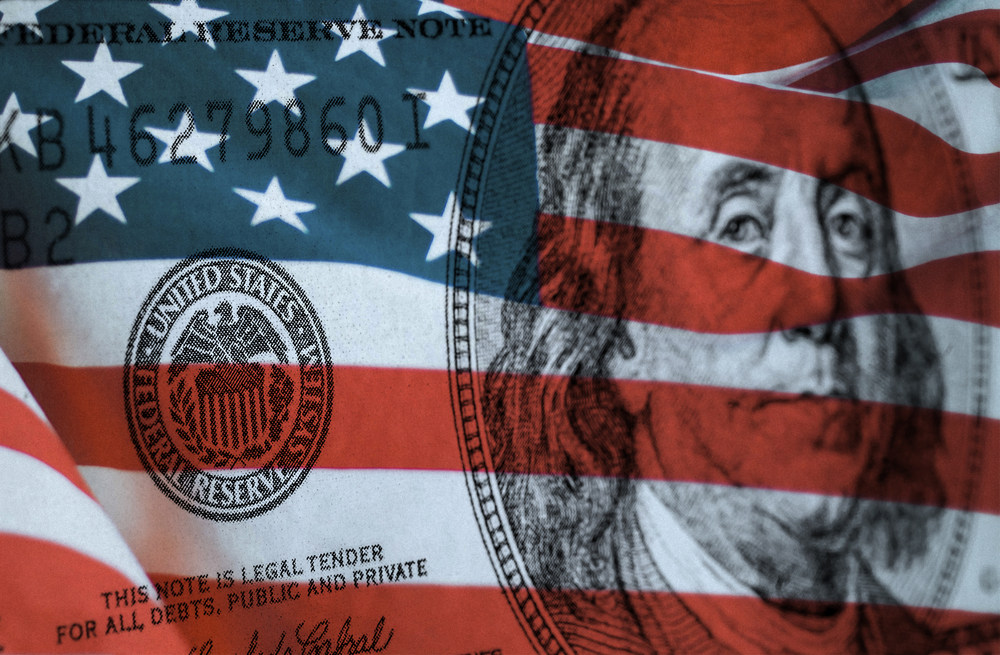Lawmakers and expert witnesses discussed ways to make the Federal Reserve more efficient and predictable, at a hearing held by the House Subcommittee on Monetary Policy and Trade this week.

“The three bills considered by the Monetary Policy and Trade Subcommittee today would result in greater transparency, independence, and accountability at the Federal Reserve,” Subcommittee Chairman Andy Barr (R-KY) said. “A more predictable, strategy-based monetary policy will give investors and families greater certainty as they make investment and financial decisions. In addition, these bills would help the Fed focus on monetary policy and get it out of the business of picking winners and losers through the allocation of credit. That is a solid recipe for what we all want – greater economic opportunity for all Americans,” Barr added at the hearing, entitled “Examining Federal Reserve Reform Proposals.”
Witnesses argued that uncertainty around monetary policies makes credit harder to find and slows the economy.
“The efficacy of [the Fed’s] sustained artificial low-interest rates and massive asset purchases, well after the start of the economic recovery is questionable. It has not stimulated faster growth and has distorted economic and financial performance, and poses sizeable risks,” Mickey Levy, managing director and chief economist at Berenberg Capital Markets, said.
Charles Plosser, visiting fellow at the Hoover Institution, said it is important to put limitations on the central bank’s authorities and discretionary powers to ensure independence.
“The Federal Reserve has a legal mandate to set the course of monetary policy, to supervise and regulate financial institutions, and to serve as a lender of last resort—the ‘banker to the banks.’ In some extraordinary circumstances, carrying out that mandate may result in the Fed’s acquisition of private assets,” Andrew Levin, professor of economics at Dartmouth College, stated. “However, such assets shouldn’t stay indefinitely on the Fed’s balance sheet but should instead be swapped for U.S. Treasury securities, thereby preserving the Fed’s operational independence and designated scope of responsibility.”